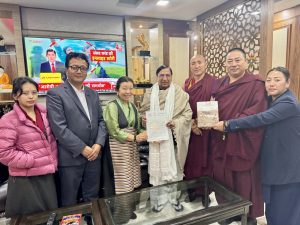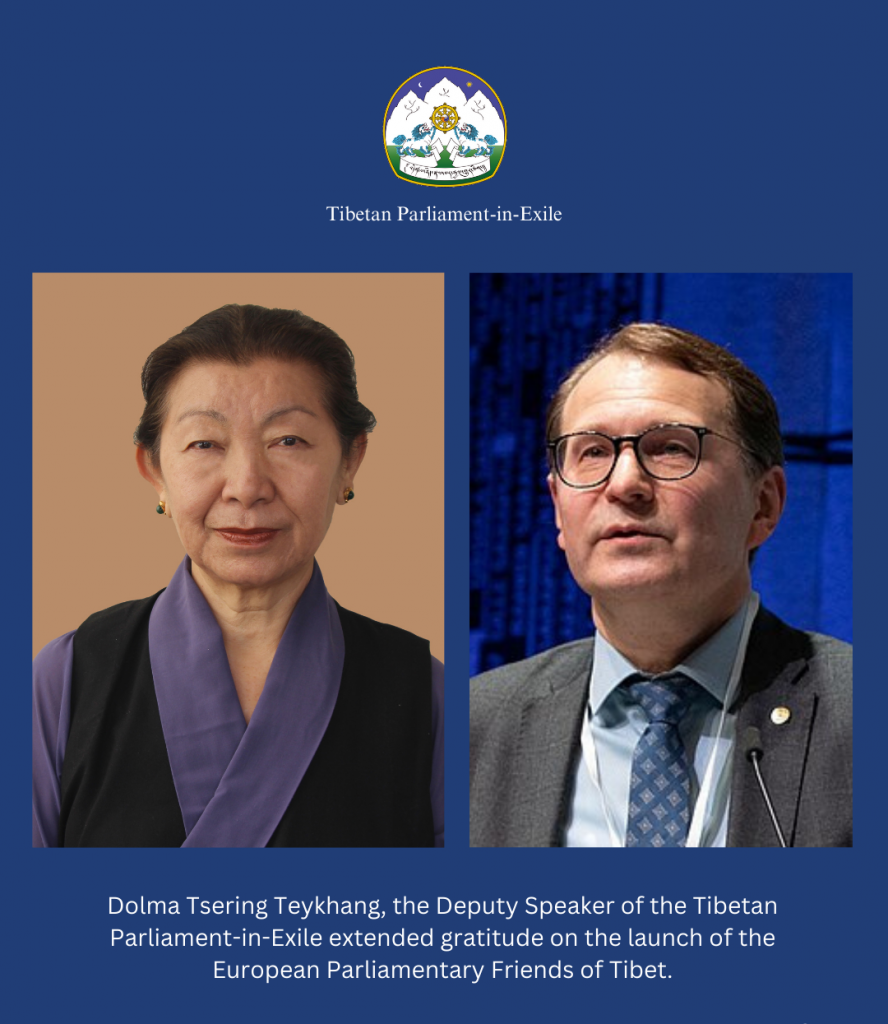
Delhi, 13th December 2023: A delegation from the standing committee of the Tibetan Parliament-in-Exile, led by Deputy Speaker Dolma Tsering Teykhang and comprising MPs Tenpa Yarphel, Geshe Lharampa Gowo Lobsang Phende, Tsaneytsang Dhondup Tashi, on their second day of advocacy initiatives in Delhi called upon Shri Kiren Rijiju, Minister of Earth Sciences of India; Shri Vijay Sampla, Chairman of the National Commission for Scheduled Castes; Shri Tabir Gao, Member of Parliament (Lok Sabha); Shri Syed Naseer Hussain, Member of Parliament (Rajya Sabha); Shri Ashok Bajpai, Member of Parliament (Rajya Sabha); Shri Naresh Bansal, Member of Parliament (Rajya Sabha); and Smt. Pratibha Singh, Member of Parliament (Lok Sabha).
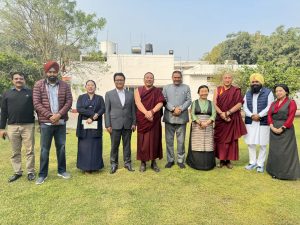
Shri R. Khrimey, former MP and National Convener of the Core Group for Tibetan Cause, India, accompanied the delegation during their meeting with Shri Tabir Gao, Member of Parliament (Lok Sabha) and in the course of their meetings, Tashi Dekyi from the India Tibet Coordination Office and Tenzin Choeying from the Tibetan Parliamentary Secretariat accompanied the Tibetan parliamentary delegation.
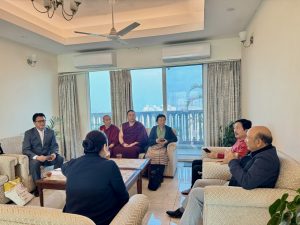
During their meetings with the aforementioned key dignitaries, the delegation advocated for the recognition of Tibet as an occupied nation with its independent and sovereign past, supported by historical evidence. They urged refraining from endorsing China’s false narrative that labels Tibetans as a minority, portrays Tibet’s occupation as an internal issue of Beijing, and asserts Tibet as a part of China. Such endorsements, they argued, contribute to China’s colonization of Tibet, subjugating Tibetans and denying them the space to negotiate for more meaningful freedom.
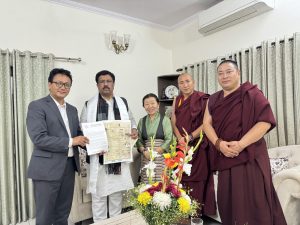
Furthermore, they urged the dignitaries to request the United Nations Framework Convention on Climate Change (UNFCC) to conduct scientific research studies on PRC government policies exploiting Tibet’s natural resources, highlighting their negative impact on global climate change. The delegation pressed for China to allow access to independent human rights organizations, inviting UN Special Rapporteurs to investigate freedoms of opinion and expression, peaceful assembly and association, and human rights defenders in Tibet.
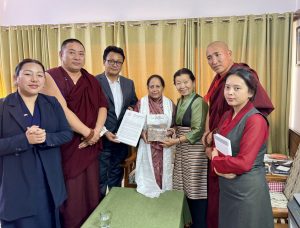
In addressing the challenges posed by China’s networked authoritarianism and disinformation campaign, the delegation proposed the establishment of a national legislative framework. This framework aims to counteract public mistrust in democratic institutions, mitigate political polarization, and address threats to regional and global geopolitical stability and peace. The delegation also encouraged expanding and deepening official and diplomatic engagements with the Central Tibetan Administration, the legitimate representative of the Tibetan people and the continuation of the former government of independent Tibet in Lhasa. They urged legislators to express their concern and raise their voices on human rights violations in Tibet at all available platforms.
